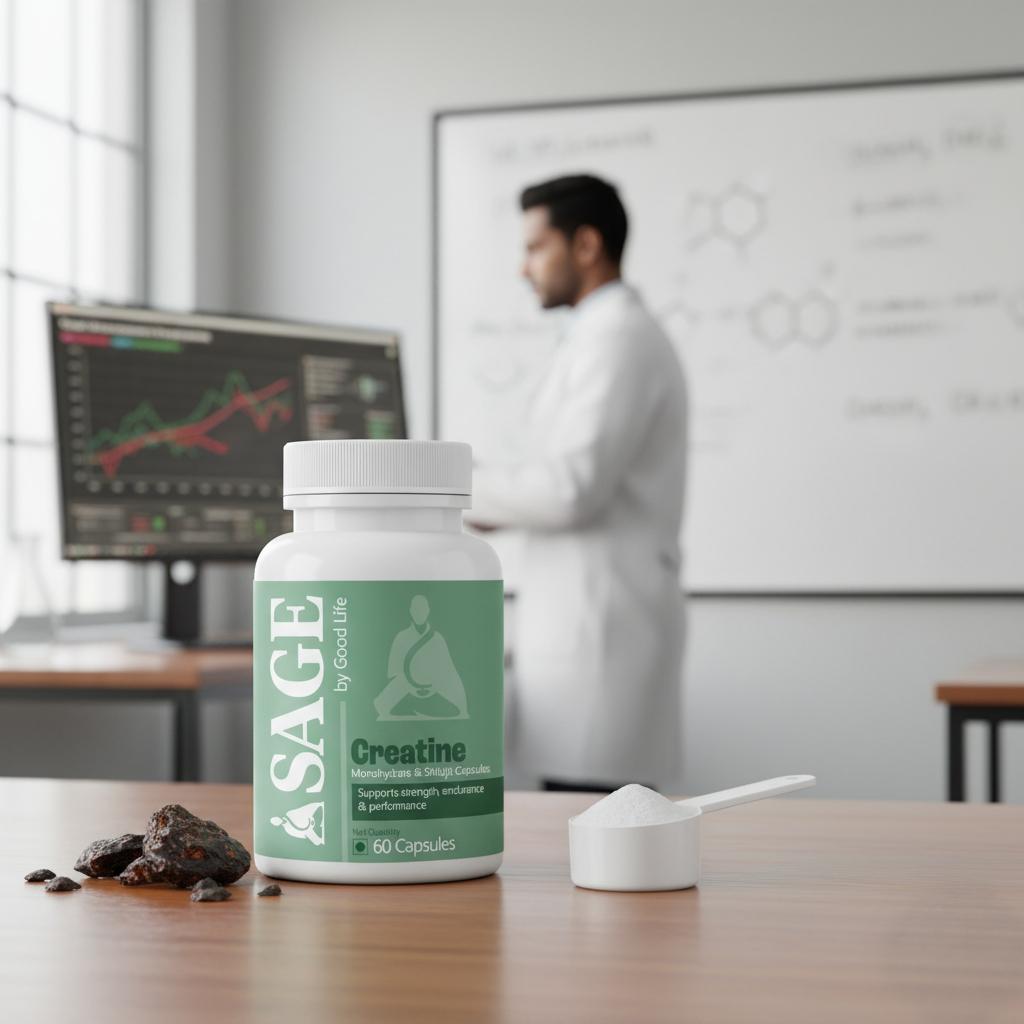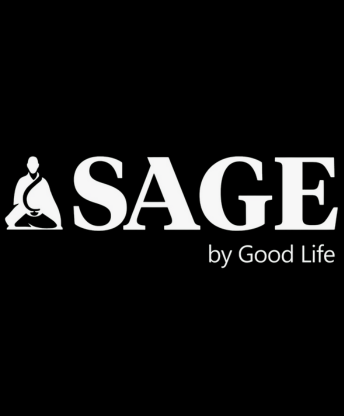
Proven Results: What Research Says About Creatine Benefits
Share
Introduction
Creatine is one of the most studied and effective dietary supplements in the world of sports nutrition and health. Initially popularized for its role in boosting muscle strength and athletic performance, creatine has since been investigated for a wide range of additional benefits that extend to cognitive function, aging, and disease prevention. This blog highlights key scientific findings on creatine’s benefits, showcasing why it is considered a cornerstone supplement in both athletic and general wellness communities.
Creatine and Muscle Strength Enhancement
A substantial body of research confirms that creatine supplementation improves muscle strength and power. Creatine works by increasing phosphocreatine stores in muscle cells, which rapidly regenerate ATP, the primary energy molecule needed during short bursts of high-intensity exercise. Multiple controlled trials demonstrate significant increases in maximal strength and performance during resistance training for individuals supplementing with creatine versus placebo.
Effects on Muscle Mass and Hypertrophy
Creatine promotes muscle hypertrophy not only by enabling heavier or more frequent training but also through muscle cell volumization. The increased water retention in muscle cells triggers anabolic signaling pathways that stimulate protein synthesis. Clinical studies report noticeable gains in lean body mass in participants supplementing with creatine, supporting athletic performance and aesthetic goals.
Benefits for High-Intensity and Explosive Sports
Athletes involved in sprinting, jumping, weightlifting, and team sports see marked improvements in repeated sprint ability, power output, and fatigue resistance. Creatine’s role in rapid energy replenishment helps sustain performance across multiple high-intensity bouts, which is critical for success in such sports. Research confirms enhanced performance metrics including sprint times, jump height, and total work done.
Creatine’s Role in Cognitive Function
Emerging research extends creatine’s benefits to brain health and cognitive function. The brain has high energy demands, and creatine supports this by replenishing ATP in neuronal cells. Studies indicate improved memory, attention, and mental fatigue resistance under stress, especially in vegetarians or older adults who may have lower baseline creatine levels. These findings suggest that creatine supplementation can improve cognitive performance beyond physical activity.
Support for Aging and Muscle Preservation
Age-related muscle loss (sarcopenia) compromises mobility and independence in seniors. Creatine supplementation combined with resistance training helps mitigate muscle wasting and preserves strength in older adults. Clinical trials have shown that creatine enhances muscle function, bone density, and overall quality of life in elderly subjects, underscoring its role in healthy aging protocols.
Creatine and Recovery Enhancement
Creatine aids recovery by reducing muscle damage and inflammation after exercise. Its antioxidant properties help neutralize free radicals generated during strenuous activity, minimizing oxidative stress. Studies show that creatine supplementation decreases markers of muscle soreness and tissue damage, allowing for faster recovery and sustained training intensity.
Safety and Tolerability Supported by Research
Numerous long-term studies affirm the safety of creatine use in healthy populations. Concerns regarding kidney damage or adverse effects have not been substantiated in controlled trials where proper dosages were followed. Mild side effects such as bloating or gastrointestinal discomfort occasionally occur but are generally transient. This extensive research supports creatine’s reputation as a safe supplement when used responsibly.
Dosage and Supplementation Protocol
Research consistently supports a loading phase of 20 grams per day for 5-7 days to saturate muscle stores quickly, followed by a maintenance dose of 3-5 grams daily. Studies also indicate that lower daily doses without loading gradually achieve benefits over time. The timing of creatine intake whether pre- or post-workout appears less critical than consistent daily usage.
Creatine’s Emerging Therapeutic Uses
Beyond athletic performance, creatine is being explored for therapeutic potential in neurological diseases such as Parkinson’s and Huntington’s, depression, and muscle dystrophies. Preliminary studies reveal creatine's neuroprotective and muscle-preserving effects, suggesting broader clinical applications that could transform future treatment paradigms.
Conclusion
Decades of rigorous scientific inquiry reinforce creatine’s status as one of the most effective and versatile supplements available. Its proven benefits in enhancing muscle strength, power, hypertrophy, recovery, cognitive function, and healthy aging make creatine an indispensable tool for athletes, seniors, and health enthusiasts alike. Backed by safety evidence and practical dosing strategies, creatine supplementation offers a well-rounded approach to optimizing both physical and mental performance.
Incorporate creatine into your health or fitness plan with confidence, knowing its benefits are rooted in solid research and proven results.





